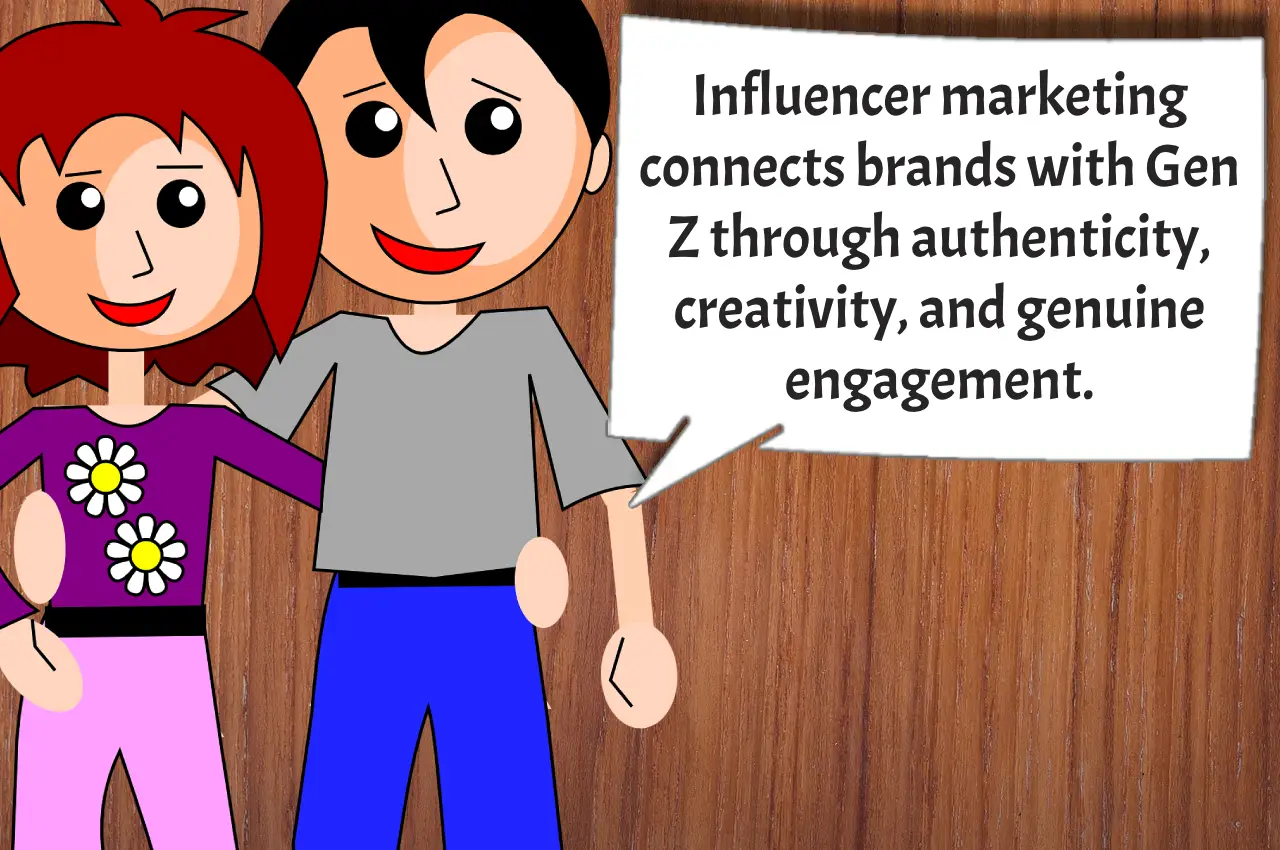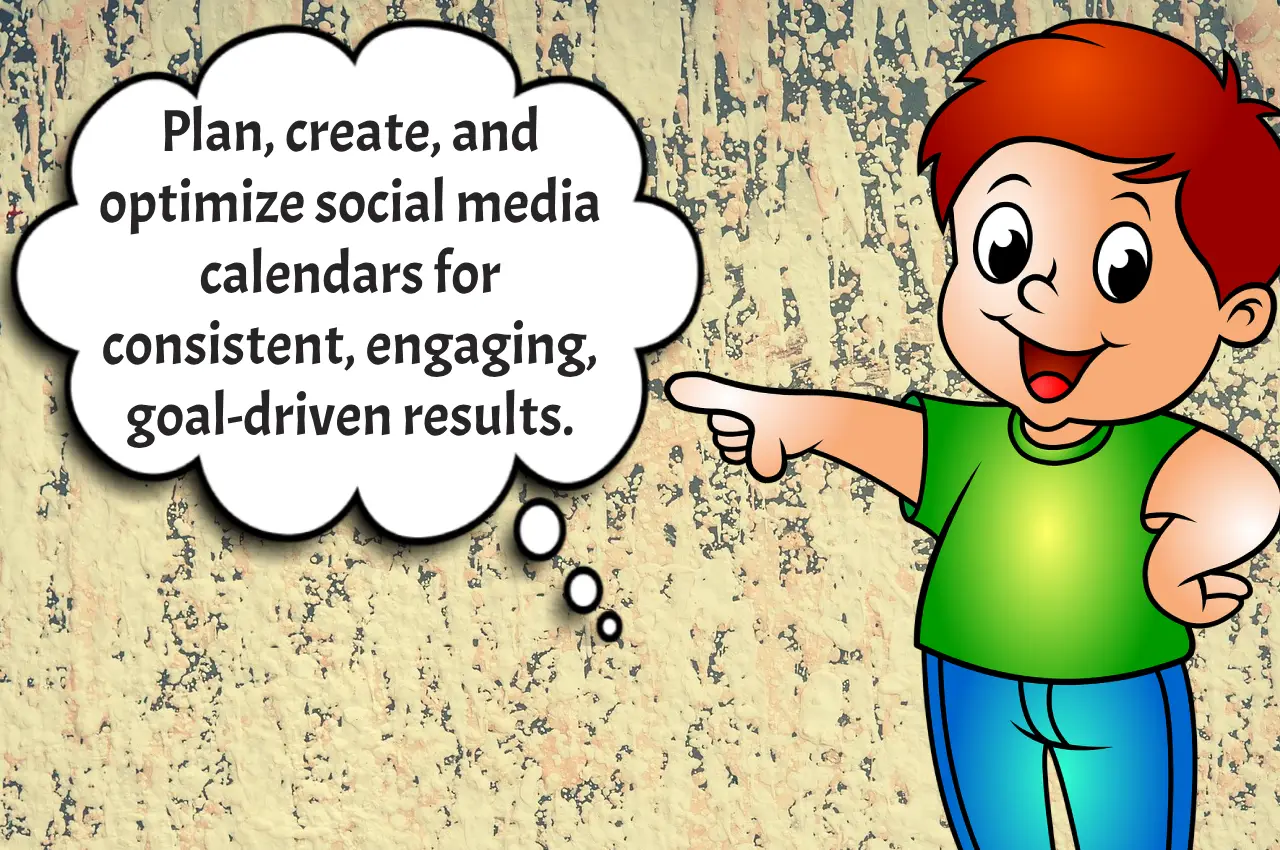Engaging Generation Z is like deciphering a cryptic code: complex, dynamic, and ever-changing. However, in the vast landscape of marketing strategies, one approach stands out for its ability to connect with this elusive demographic – Influencer Marketing. Let’s delve into how this strategy bridges the gap between brands and Gen Z, driving engagement and fostering authentic connections.
Understanding the Influence:
Influencer marketing is not just a trend; it’s a phenomenon reshaping the marketing ecosystem. Instead of bombarding consumers with traditional advertisements, brands leverage influencers – individuals with a dedicated following and influence in specific niches – to authentically promote their products or services.
The Power of Authenticity:
Gen Z, often dubbed as digital natives, possess a keen sense of authenticity. They can smell inauthenticity from a mile away. Influencer marketing taps into this by delivering content that feels genuine and relatable. When an influencer aligns with a brand, it feels less like a sales pitch and more like a recommendation from a trusted friend.
Case in point: Imagine a skincare brand collaborating with a beauty influencer known for her honest product reviews. The audience perceives the endorsement as credible, leading to higher engagement and, ultimately, conversions.
Navigating the Digital Landscape:
In a world dominated by social media and short attention spans, influencer marketing cuts through the noise. By partnering with influencers who have already captured Gen Z’s attention, brands gain direct access to their target audience.
Take TikTok, for example, the platform where viral trends are born and spread like wildfire. Brands leverage TikTok influencers to create engaging content that resonates with Gen Z’s humor and interests. From dance challenges to product tutorials, the possibilities are endless.
Diversity and Inclusivity:
Influencer marketing has the power to amplify voices that have long been marginalized in traditional advertising. By collaborating with influencers from diverse backgrounds, brands can reach untapped markets and foster a sense of inclusivity. Whether it’s partnering with LGBTQ+ influencers during Pride month or featuring influencers with disabilities, brands and Gen Z can demonstrate their commitment to diversity and social responsibility.
Educational Content:
In addition to promoting products, influencers have become trusted sources of information and education. From makeup tutorials to DIY projects, influencers provide valuable content that entertains and educates Gen Z. Brands can leverage this by partnering with influencers to create informative content that aligns with their values and mission. For example, a sustainable fashion brand could collaborate with influencers to raise awareness about ethical shopping practices and environmental impact.
User-Generated Content:
One of the most powerful aspects of influencer marketing is its ability to generate user-generated content (UGC). When influencers showcase products in their daily lives, they inspire their followers to do the same. Brands can encourage user-generated content by running contests, creating branded hashtags, and featuring customer testimonials on their platforms. This not only strengthens brand loyalty but also provides authentic social proof that resonates with brands and Gen Z.
Long-Term Relationships:
While one-off influencer partnerships can yield short-term results, building long-term relationships with influencers offers sustained benefits. Brands that invest in nurturing relationships with influencers demonstrate their commitment to authenticity and collaboration. Long-term partnerships allow influencers to become genuine brand advocates, seamlessly integrating products into their content in a way that feels organic and unforced.
Ethical Considerations:
As influencer marketing continues to evolve, ethical considerations become increasingly important. Brands must ensure transparency and integrity in their partnerships with influencers, disclosing any sponsored content and adhering to ethical guidelines. Moreover, brands should prioritize working with influencers who align with their values and uphold ethical standards. By maintaining transparency and integrity, brands can build trust with both influencers and consumers.
Authenticity in Storytelling:
At its core, influencer marketing is about storytelling. Influencers have a unique ability to craft narratives that resonate with their audience on a personal level. Brands can leverage this by allowing influencers creative freedom to tell their brand story authentically. Whether it’s sharing personal anecdotes, behind-the-scenes glimpses, or product reviews, authentic storytelling strengthens the emotional connection and humanizes brands and Gen Z consumers.
Data-Driven Insights:
In today’s data-driven world, influencer marketing provides valuable insights into consumer behavior and preferences. By analyzing metrics such as engagement rates, click-through rates, and conversion rates, brands can gain actionable insights into the effectiveness of their influencer campaigns. This data allows brands and Gen Z influencers to refine their strategies, optimize their targeting, and measure ROI more accurately.
Collaborative Campaigns:
Influencer marketing doesn’t have to be a solo endeavor. Brands can amplify their reach and impact by collaborating with multiple influencers on integrated campaigns. Whether it’s a product launch, a charitable initiative, or a social cause, collaborative campaigns bring together influencers with diverse audiences to create a unified message that resonates across platforms.
Building Communities, Not Just Customers:
Gen Z craves connection and community. Influencer marketing goes beyond transactional relationships, fostering communities around shared interests and values. When influencers authentically engage with their audience, they create a sense of belonging that transcends traditional marketing tactics.
For instance, a fitness brand collaborating with a health influencer doesn’t just sell products; it cultivates a community of like-minded individuals striving for wellness. Through live workouts, Q&A sessions, and user-generated content, the brand becomes a catalyst for meaningful connections.
Measuring Impact Beyond Metrics:
Influencer marketing isn’t just about likes, shares, and impressions; it’s about impact. Brands must look beyond vanity metrics and focus on meaningful engagement and conversions. Tracking metrics like sentiment analysis, brand mentions, and customer feedback provides valuable insights into the effectiveness of influencer partnerships.
Moreover, influencer marketing allows for micro-targeting, reaching niche audiences with precision. By analyzing data and adapting strategies accordingly, brands can optimize their influencer campaigns for maximum impact.
The Future of Marketing:
As Gen Z continues to shape consumer trends, influencer marketing will remain a cornerstone of brand strategies. However, success in this space requires more than just throwing money at popular influencers. It demands authenticity, creativity, and a deep understanding of the target audience.
In conclusion, influencer marketing serves as a powerful bridge between brands and Gen Z, fostering genuine connections and driving meaningful engagement. By embracing authenticity, navigating the digital landscape, and prioritizing community-building, brands can unlock the full potential of this transformative marketing strategy.
Now, it’s your turn to join the conversation. Share your thoughts on how influencer marketing influences your purchasing decisions and experiences with brands.





